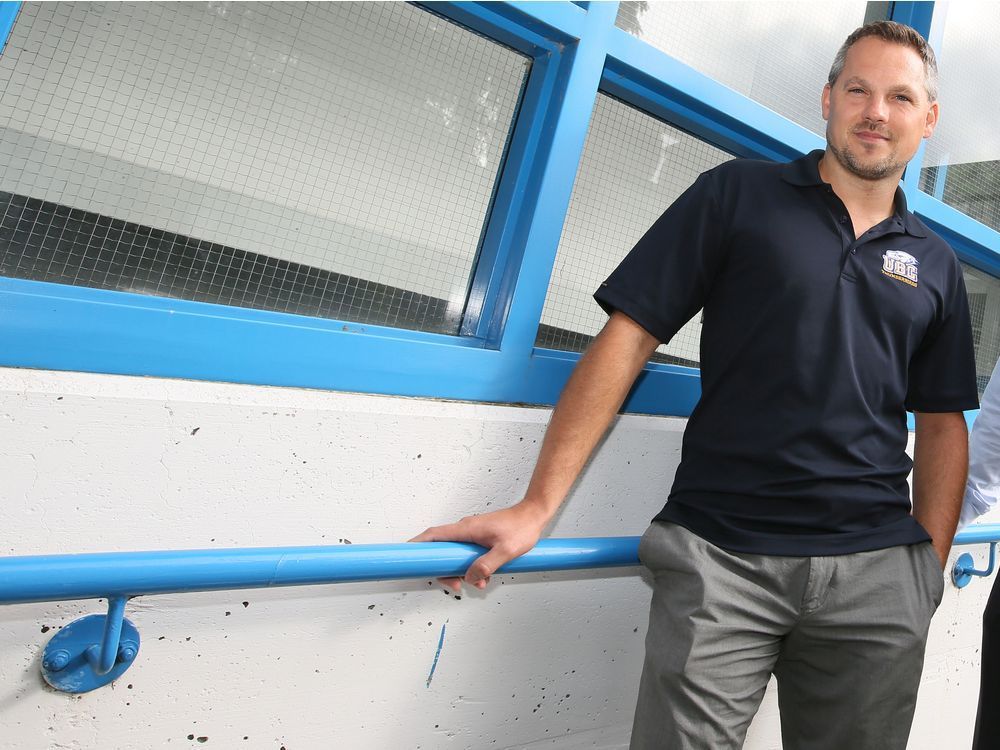but then there was the physical trauma as well. although i was functioning on a daily basis, i was struggling to sleep. but i remember the doctor telling me, ‘you seem to be doing remarkably well.’ weeks later, when i went for counselling at the request of my family, the therapist also said, ‘well, you seem to be doing remarkably well.’ but my trauma manifested itself in physical twitching with my head, and convulsions where i felt like i’d been punched in the stomach. those lasted for a few months, and now, i find every so often, if i’m dwelling or if a triggering moment that is close to what happened presents itself, i’ll feel those twitches again.
i just dealt differently. shortly after my first therapy session, i booked a cottage and, as a family, including charlotte, we all went away. it was a really good coming together and so, when i went to my next session the following week, 15 minutes in, i said i felt like i was doing okay and wasn’t sure why i was there. i remember the therapist saying, ‘look, it could be that this just isn’t the right time for you. come back when you need this.’ while i think therapy is an incredible and important resource, i’m someone who needs to see purpose and a reason behind doing things and i just couldn’t see that, so we agreed to pause there. i was talking to a good friend recently, and i said, ‘i’ve always been waiting for that moment where i suddenly have this complete meltdown, and it all just overwhelms and takes over me and i need help.’ and he said, ‘i don’t think that will happen to you, it’s not your nature, you’re equipped differently.’ that’s stayed with me.
 8 minute read
8 minute read








